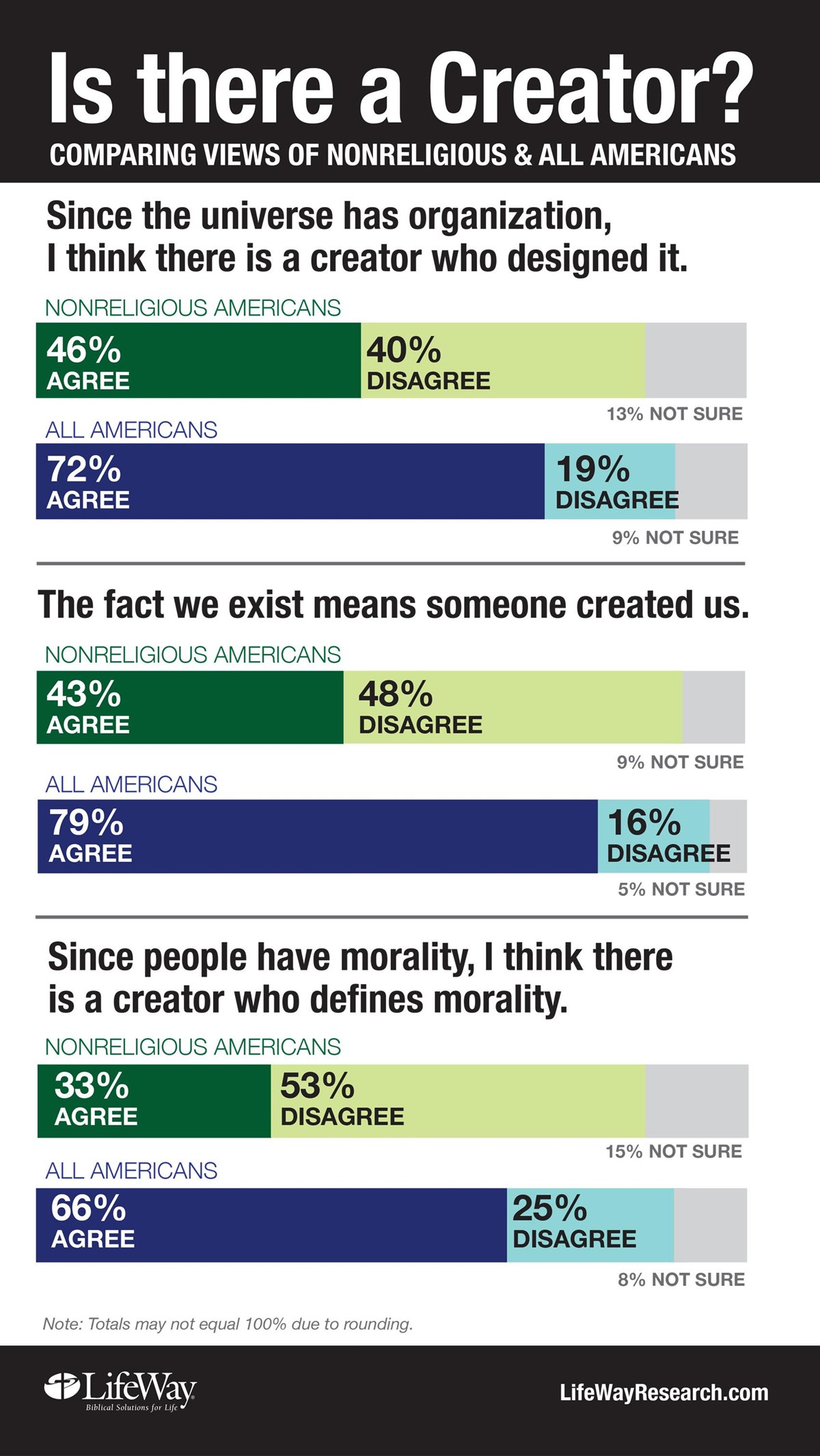Wild Accusations Torment Christians in Laos

September 24, 2015
 |
Unless an appeals court overturns a ruling, praying for the sick is illegal in Laos. (File Photo)
|
Tiang Kwentianthong was one of five Christians arrested in Saisomboon village, Atsaphangthong District, on June 24, 2014 after an aging woman who had long been ill asked them to pray for her. He was 61.
"While awaiting the verdict in prison in Savannakhet Province for almost nine months [before sentencing on Feb. 12 of nine months in prison and hefty fines], Mr. Tiang continued to suffer severe diabetes," said an advocate for Human Rights Watch for Lao Religious Freedom (HRWLRF). "Mr. Tiang requested permission to be treated for his worsening diabetic condition, but the prison officials denied his request."
The advocacy group helped win their freedom pending appeal on March 20, and immediately after his release from prison, Tiang began receiving treatment for his severe diabetic condition, said the advocate, who requested anonymity. The People's Court of Savannakhet Province had found the Christians guilty of acting "without proper medical authorization."
The Christians filed their appeal on March 6 as the verdict had no factual and legal basis, the advocate said. The woman they had prayed for was later admitted to a hospital, where she received treatment before she died. The appeals court was supposed to deliver a ruling within 45 days of receiving the petition, but it had not done so at the time of Tiang's death more than six months later.
"The HRWLRF demands that the Lao government, along with the Savannakhet provincial prison officials, take responsibility for the death of Mr. Tiang, who was arrested and imprisoned illegally and who was denied request for medical treatment for his worsening diabetic condition," the advocate said.
Arrested along with Tiang were pastor Kaithong Khounphaisan, Puphet Phanmalaithong, Muk Boulakham and Hasadee Thammathoun. Two of the other prisoners also suffer from diabetes, and two others had kidney infections requiring medications that were denied them in prison, the advocate said.
"Two were bordering on kidney failure," he said. "So they spent about a month to two months just to recover from the very bad health conditions they had, and then after that they continued to start holding worship service again in their home."
Police have continued harassing the Christians, demanding payment of the fines even though the case remains under appeal, and last month about 20 officers surrounded the house where the church was meeting on a Sunday morning. Ignoring the threat of arrest, the group decided to continue worshipping. When they came out an hour later, the police were gone, the advocate said.
"They now have the freedom to meet in their homes, and also they're traveling to new locations, and other people are coming to know Christ," he said. "They have planted two new churches."
 |
Church growth in Laos threatens village officials' sense of control. (File Photo)
|
The head of Atan village in Nong District, identified only as Bounchen, sought to execute the Christian family on Aug. 31, but a Communist Party official in the area managed to stop him, the HRWLRF leader said. A village religious affairs official identified only as Pousone planned to help Bounchen carry out the illegal verdict and sentence.
The head of the family, identified only as Lahoie, and six relatives embraced Christ in April. When Bounchen's daughter died in the middle of August, the village chief blamed the Christians.
"He believed that her death was caused by angry village spirits who were oppressed by the Spirit of Jesus that the Christians brought into the village when they embraced the Christian faith," the advocate said.
Bounchen called an obligatory meeting in which village households concluded the Spirit of Christ was evil and harmful, and that therefore the Christians had to be killed to appease the village spirits. Bounchen, Pousone and the village security force tried unsuccessfully to get the backing of the area Communist Party official for the execution of Christians.
Unable to execute them, on Sept. 4 village officials led by Bounchen went to the Christian family's home and seized a pig and a goat worth $85 and $45 respectively, the equivalent of about two months' wages, according to the HRWLRF advocate. The officials slaughtered and ate the animals.
"After the confiscation of the pig and goat, a Christian leader, Pastor Agom from Nong District, reported the incident of their death penalty and the confiscation of their animals to the Nong District's Religious Affairs Office," the advocate said. "The Religious Affairs Office has yet to bring actions against the Atan village officials who acted in violation of the law."
The HRWLRF is urging the Lao government to respect the right of the Lao people to religious freedom and the accompanying rights as guaranteed in the Lao constitution and the U.N. International Covenant on Civil and Political Rights, ratified by Laos in 2009. The Covenant upholds the individual's right to adopt a religion/belief of choice, as well as the right to manifest that religion/belief in a corporate worship (Article 18).
"Additionally, the HRWLRF urges the Lao government to punish the Atan village officials who acted unlawfully, thus bringing harm to the lives of the citizens of Atan village who are of Christian persuasion," the advocate said. "The HRWLRF furthermore demands that the village officials be made to compensate for the loss of the animals of the Christian family."
To help indigenous missionaries meet needs,
you may contribute online using the form below, or call (434) 977-5650.
If you prefer to mail your gift, please mail to Christian Aid Mission,
P.O. Box 9037, Charlottesville, VA 22906. Please use Gift Code: 730CFL.
Thank you!









 (Photo: Reuters/Ahmed Jadallah)
(Photo: Reuters/Ahmed Jadallah)













